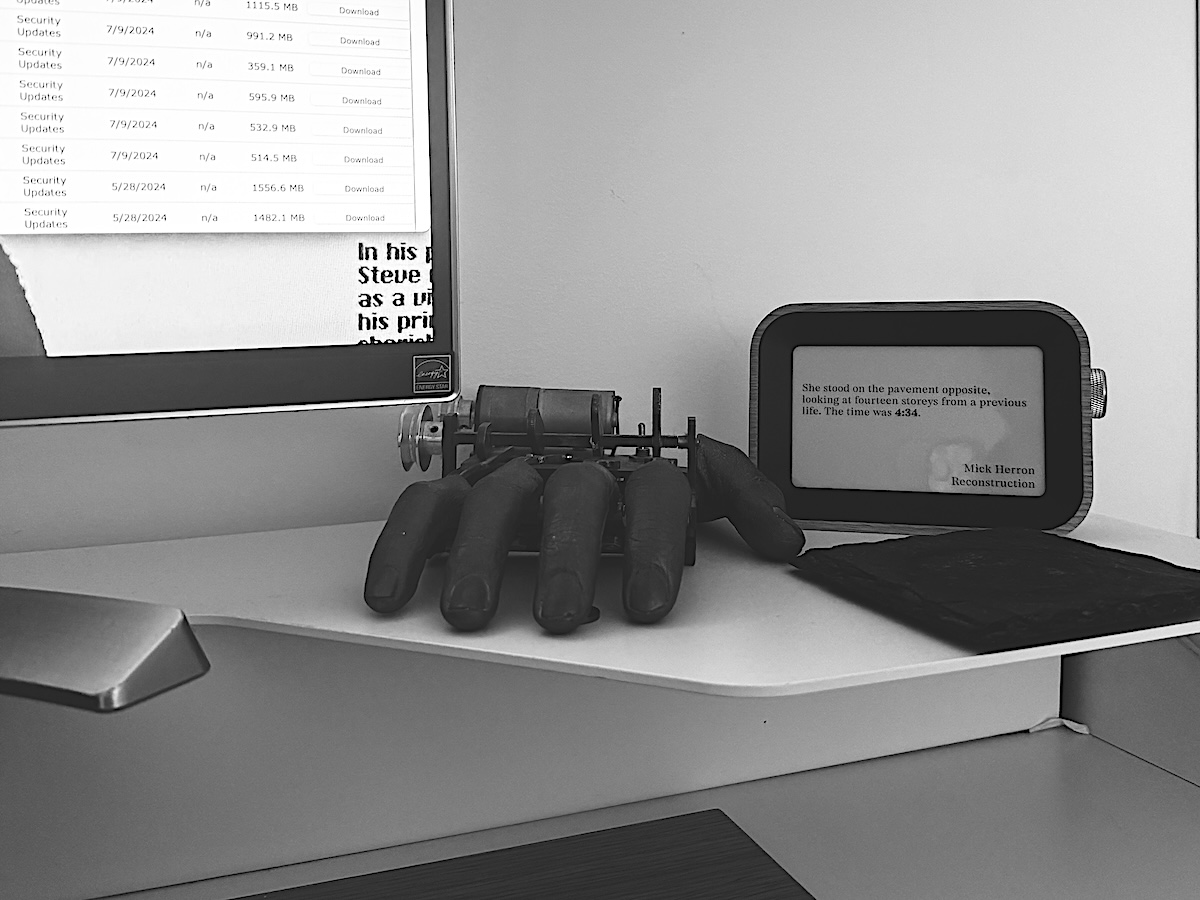When people hear “fractional executive,” the mind conjures up all sorts of strange images. Maybe it’s a part-time CEO who moonlights as a barista, or a CFO who only does spreadsheets on Tuesdays. Let’s set the record straight: fractional executives aren’t mythical creatures who work from a cave and show up only when there’s an emergency. They’re seasoned pros, here to bring expertise and clarity to your business—without the full-time commitment.
But myths are persistent little things, aren’t they? So, let’s debunk some of the most common misconceptions about fractional executives, with a dash of dry wit and a side of truth.
Selecting your Fractional Executive
Myth 1: They’re Just Consultants with Fancier Titles
Usually the first one out of the gate – the classic consultant comparison. Sure, both consultants and fractional executives come in, solve problems, and try not to use too many buzzwords. But here’s the difference: consultants advise; fractional executives do. They roll up their sleeves, dive into your operations, and drive the strategy themselves. Think of them as your interim captain, steering the ship—not just someone standing on the dock, shouting directions.
How do *I* know the difference? I do both. I far prefer being a Fractional Executive because you typically have bigger challenges, deal more with strategy and the expectations are WAY higher (I like a challenge).
Myth 2: They’re Less Committed Because They’re Part-Time
This one’s almost cute. Imagine saying to a Michelin-starred chef, “Well, you only work a few hours a day, so you’re probably not that committed to cooking.” Fractional executives may not be in the office 24/7, but they’re committed to your success. Their focus is on delivering results, not clocking hours. Plus, their time is too valuable to waste on office politics or endless meetings—unlike some full-time execs we won’t name.
Myth 3: You Can’t Expect Big Results from a Fractional Executive
This myth implies that only full-time employees are capable of producing big outcomes. Tell that to the startups that scaled exponentially after bringing in a fractional CMO or the companies that survived a financial crisis with the help of a fractional CFO. Fractional executives are like those high-efficiency washing machines—they might run on shorter cycles, but they get your business sparkling clean.
I came in as a fractional CTO/CMO to a small locksmith business and within a week (part-time, remember) tripled the traffic to their site and doubled the conversion rate, all without resorting to Google Ads.
Myth 4: They’ll Disrupt the Team Dynamic
There’s a fear that bringing in a fractional executive is like introducing a bull into a china shop—or worse, a middle manager into an office. In reality, fractional executives are masters of integration. They’re adept at working with existing teams, bringing fresh perspectives without stepping on toes. In fact, they often serve as a breath of fresh air, rejuvenating team dynamics with their outside-the-box thinking.
One of the benefits of working with a Fractional exec is that they are USED to different cultures and approaches. Their very success demands adaptability. You may not need a chameleon, but you do need someone who can fit in.
Myth 5: They’re Just for Small Companies Who Can’t Afford a Full-Time Exec
Sure, fractional executives are a godsend for small to mid-sized businesses, but that doesn’t mean larger organizations don’t need them. Even big companies sometimes require specific expertise for a particular project or during a transitional phase. Fractional executives aren’t just budget-friendly; they’re a strategic resource, adaptable to companies of any size that need high-level expertise without long-term commitments.
Last year I was a fractional deputy CTO while a large company was looking for a new CTO. Why didn’t the pick me for the permanent position (this leads into a sub-myth, that they are fractional because they can’t do the job full time)?
I wasn’t a fit geographically, I have very little hardware and network experience and they needed a lot of help in those departments. I fit the bill for what they needed while they found their permanent match (application modernisation and process improvement).
Myth 6: They’re Temporary Fixes, Not Long-Term Solutions
This myth is half-true—but in the best possible way. Fractional executives are indeed brought in to tackle specific challenges or manage transitions. But the impact they leave? That’s anything but temporary. The strategies they implement, the efficiencies they introduce, and the leadership they provide can create long-lasting improvements. They might step out of the spotlight once their work is done, but the positive effects linger long after.
Myth 7: You Lose Control When You Hire a Fractional Executive
Let’s clear this up: hiring a fractional executive isn’t like handing over the keys to your car and hoping it doesn’t come back with a bumper sticker that says, “I love spreadsheets.” These executives work with you, not instead of you. They collaborate, bringing their expertise to enhance your vision, not override it. Think of them as co-pilots, not rogue pilots.
The Reality of Fractional Executives
Fractional executives aren’t mythical creatures, nor are they temporary band-aids. They’re experienced professionals who bring top-tier expertise to your business in a flexible, cost-effective package. Whether you’re scaling up, navigating a tricky transition, or just need a seasoned hand on deck, fractional executives deliver big results—without the big commitment.
So, the next time someone mentions a fractional executive, feel free to debunk these myths with a knowing smile. And if they still don’t get it, well, you can always suggest they try managing a business without one. That should be fun to watch.




